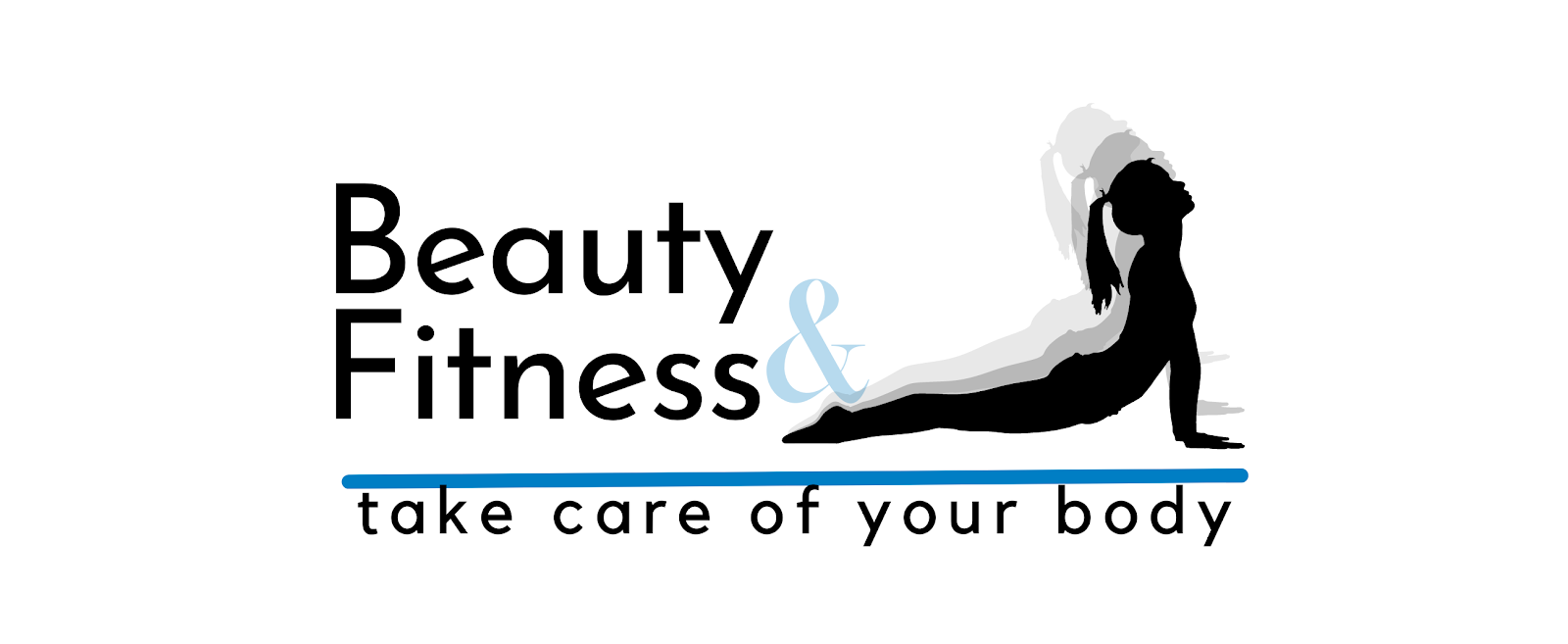Table of Content
1. Introduction
• Why Effective Anti-Aging Skincare Matters
2. Understanding the Science of Aging
• Factors Contributing to Aging Skin
3. The Key Ingredients for Anti-Aging
• Retinol
• Hyaluronic Acid
• Vitamin C
4. Best Anti-Aging Products
• Product 1: Retinol Night Cream
• Product 2: Hyaluronic Acid Serum
• Product 3: Vitamin C Moisturizer
5. How to Build Your Anti-Aging Skincare Routine
• Morning Routine
• Evening Routine
6. Avoiding Common Mistakes
7. Conclusion
• The Path to Youthful Skin
Introduction
Why Effective Anti-Aging Skincare Matters
Aging is a natural part of life, and while it brings wisdom and experience, it also comes with visible changes in our skin. These changes, including fine lines, wrinkles, and a loss of firmness, can be managed with effective anti-aging skincare. In this article, we will explore the science behind aging skin and the best products that can help you maintain a youthful complexion.
Understanding the Science of Aging
Factors Contributing to Aging Skin
Before delving into the world of anti-aging products, it's crucial to understand what causes our skin to age. Several factors play a role, including genetics, sun exposure, and lifestyle choices like smoking and diet. These factors can lead to a decrease in collagen and elastin production, resulting in the visible signs of aging.
The Key Ingredients for Anti-Aging
Retinol
Retinol, a derivative of vitamin A, is a powerhouse ingredient in the fight against aging. It stimulates collagen production, reduces the appearance of wrinkles, and promotes even skin tone. Look for products with a concentration of 0.25% to 1% for best results.
Hyaluronic Acid
Hyaluronic acid is a natural matter found in the skin that helps retain moisture. Aging skin tends to lose hyaluronic acid, leading to dryness and the appearance of fine lines. Products containing hyaluronic acid provide intense hydration, making the skin look plump and youthful.
Vitamin C
Vitamin C is a potent antioxidant that brightens the skin, fades dark spots, and promotes collagen synthesis. It's a versatile ingredient in anti-aging products, known for its ability to address multiple skin concerns.
Best Anti-Aging Products
Now, let's explore some of the best anti-aging products available:
Product 1: Retinol Night Cream
A retinol night cream is a must-have in your anti-aging arsenal. Apply it before bedtime, and it works like magic while you sleep. The retinol helps in reducing fine lines and wrinkles, and the added moisturizing elements keep your skin soft and supple.
Product 2: Hyaluronic Acid Serum
Hyaluronic acid serums are lightweight and absorb quickly. They lock in moisture, making your skin look dewy and youthful. It's an excellent addition to your morning routine, ensuring your skin stays hydrated throughout the day.
Product 3: Vitamin C Moisturizer
A vitamin C moisturizer not only provides hydration but also brightens your complexion. Use it in the morning to give your skin a radiant and refreshed appearance.
How to Build Your Anti-Aging Skincare Routine
To reap the full benefits of these products, it's essential to create a comprehensive skincare routine. Here's a breakdown of your morning and evening routines:
Morning Routine
1. Cleanser
2. Hyaluronic Acid Serum
3. Vitamin C Moisturizer
4. Sunscreen
Evening Routine
1. Cleanser
2. Retinol Night Cream
3. Hyaluronic Acid Serum
Avoiding Common Mistakes
While using these anti-aging products, it's crucial to avoid common mistakes like overusing retinol or not wearing sunscreen during the day. These missteps can hinder your progress in achieving youthful skin.
Conclusion
The Path to Youthful Skin
Effective anti-aging skincare is within reach. By understanding the science of aging, choosing the right products, and maintaining a consistent routine, you can achieve a more youthful and radiant complexion. Embrace these anti-aging products as your allies in the fight against time.
Unique FAQs
1. How long does it take to see results from using anti-aging products?
2. Can I use all these products together, or should I introduce them one at a time?
3. Are there natural alternatives to these anti-aging products?
4. Do I need to see a dermatologist for an anti-aging skincare routine?
5. Can a healthy diet and exercise complement my anti-aging efforts?
Remember, consistency and patience are key when it comes to achieving the best results from your anti-aging skincare regimen.









0 Comments